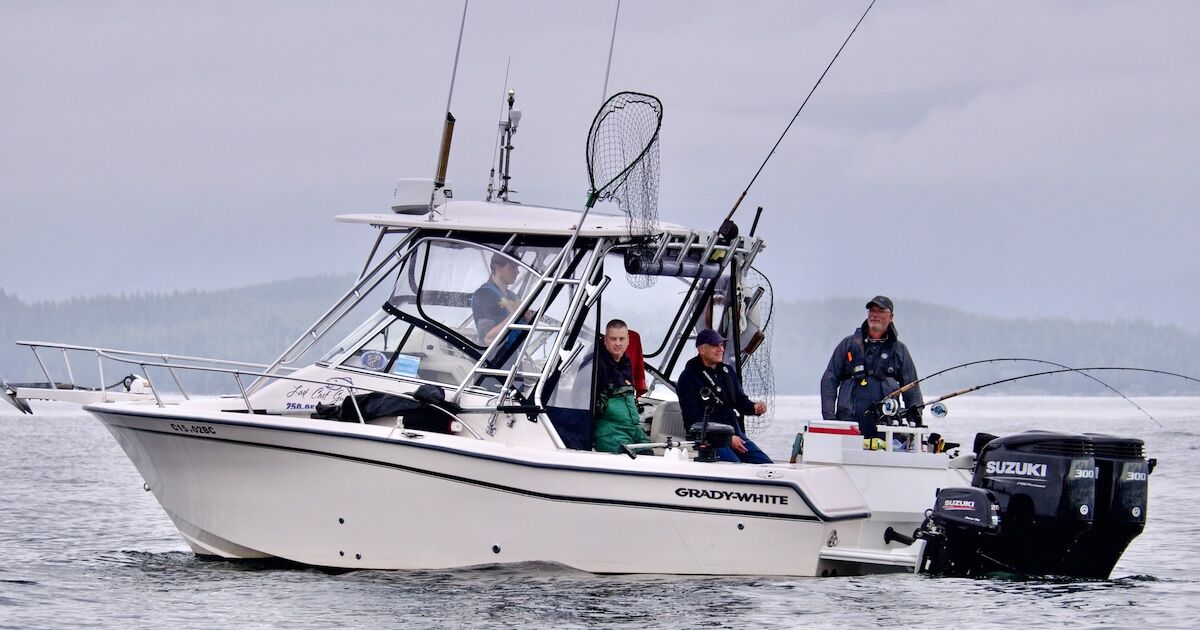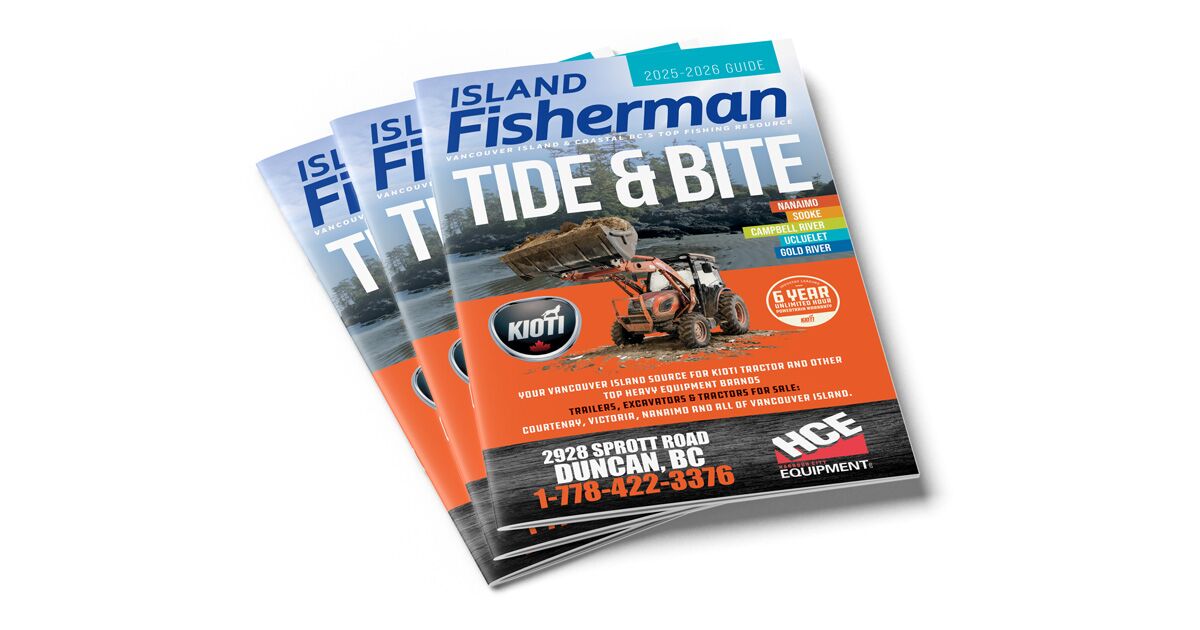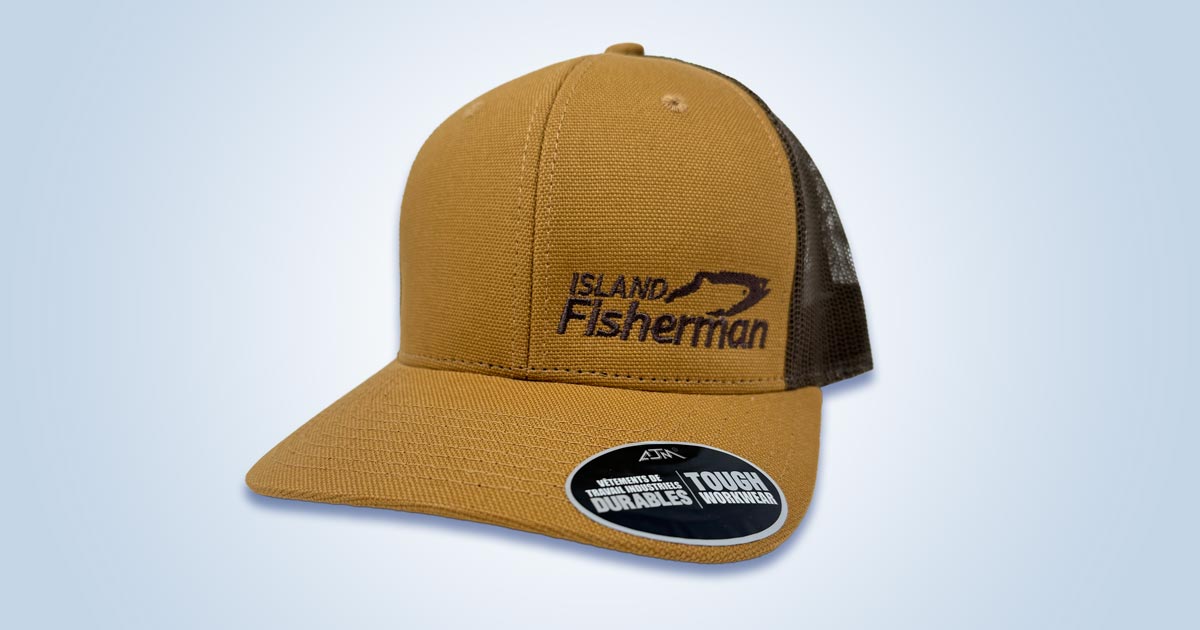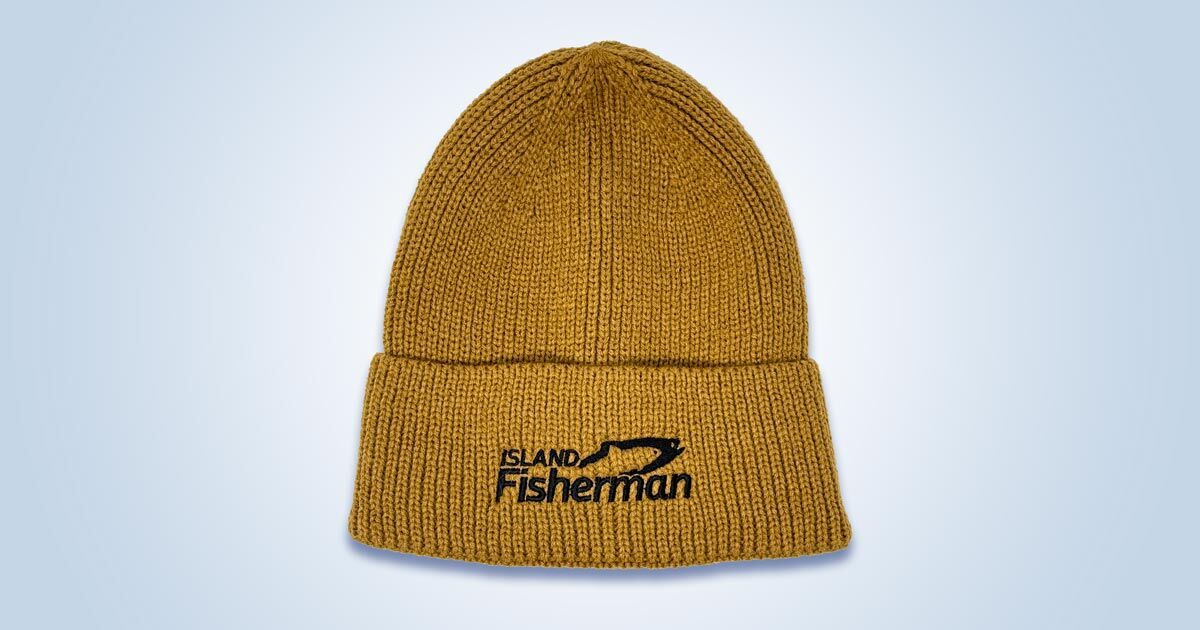
So You Want To Be a Tidal Fishing Guide?
As a certified tidal water fishing guide (CTAG) and in my role as President of the West Coast Fishing Guides Association, I am often asked what is involved in pursuing a career as a guide. In this article we will explore a range of topics from what are the knowledge, skills, and attributes necessary for success to the regulatory certification requirements.
Let’s start with the regulatory certification requirements. Guiding is more than knowing how, when, and where to catch fish. Transport Canada has several certifications that guides are required to possess before they can legally run their first charter.
SVOP course Photo: courtesy of Safer Ocean Systems
The list of certifications is as follows:
Fishing Guide Courses and Certifications
- Small Vessel Operator Proficiency: SVOP (3- to 4-day course)
- Small Domestic Vessel–Basic Safety (1-day course) formerly called Marine Emergency Duties: SDV-BS
- Restricted Operators Card–Marine: ROC-MC (1-day course)
- Marine Basic First Aid: MBFA (2-day course, must be re-certified every 3 years)
The SVOP course provides fundamental knowledge on topics including collision regulations, the marine buoy system, navigation, vessel stability, weather and pre-departure preparations, and safety. The SDV-BS course aims to build skills around how to respond to various emergencies, address vessel stability, fight fires, ship abandonment,
hypothermia and cold-water immersion, and distress signalling. The ROC-MC radio course will cover basic radio procedures, Digital Select Calling (DSC), emergency broadcasts, sending distress/ priority messages, and weather radio broadcasts. The Marine Basic First Aid course provides first responder first aid training, but also covers responses in a challenging marine environment where additional resources are not readily available.
The bottom line is that safe passengers and vessel operation are at the core of Transport Canada’s approach, and this has informed how the requirements were developed. There are several TC-approved training facilities offering all these courses and more in communities around BC.
Small Vessel Compliance Program (SVCP)
In addition to safety training and vessel operation certification, Transport Canada has mandated vessel safety compliance requirements, which are set out in the Canada Shipping Act and related regulations. To help operators meet these requirements, TC developed the Small Vessel Compliance Program (SVCP). While the SVCP program is voluntary, it is mandatory that vessels comply with all regulations, have in place safety procedures which address safe operation and emergency response, and that all crew have valid safety training.
Guides who are also vessel owner/ operators can enroll in the SVCP and will be provided with an easy-to-use tool and a checklist to follow when working to modify their vessels to meet the regulatory requirements. Some level of vessel modification is usually required to meet the regulatory requirements, which include a vessel stability test. Transport Canada will complete a technical review of documents submitted by SVCP applicants.
Those who meet the requirements successfully are issued a blue decal signifying they have declared their vessel to be compliant. After the initial submission, SVCP participants complete an annual vessel inspection and a safety checklist. TC requires a re-enrollment and copies of supporting technical documents every 5 years. Guides and small vessel operators enrolled in the SVCP program are required to register their vessels as commercial vessels. Once re-designated and registered commercially, vessel owners change their vessel registration to a “C” number. The blue decal and “C” number help charter guests and enforcement easily see that the charter vessel meets TC safety requirements.
Pat Ahern Last Cast Guiding Photo: Joel Unickow
CTAG Certification
The Certified Tidal Angling Guide (CTAG) program allows guests to be confident that their charter operator meets safety training requirements and is an experienced and qualified guide. Ask if your guide is CTAG, or look for the distinctive and annually issued red decal. The Sport Fishing Institute of B.C. (SFI) website has all the information experienced guides need to start the process of becoming a CTAG. CTAG is a provincial certification issued by SkilledTradesBC.
To qualify, a guide must be able to demonstrate he or she has:
- A minimum of 750 hours guiding experience
- Prerequisite TC certificates (SVOP, SDV-BS, MBFA, and a ROC-MC).
With evidence of those requirements reviewed and approved, TAG applicants are invited to challenge the certification. The TAG challenge consists of a multiple-choice exam covering tidal angling guide activities not included in TC training courses.
Once certified, a CTAG is eligible to receive a $1,000 tax training credit from the Province of British Columbia. CTAG can also save as much as 30% on annual commercial vessel insurance, as all underwriters in BC offer some kind of CTAG discount.
A Fishing Guide’s Life
Becoming a guide is a lifestyle choice, and certainly not a path to riches. Most guides are attracted to the industry out of an intense passion for sharing their fishery experiences with others. There is truly nothing more satisfying than being able to share in guests realizing their fishing dreams. Those shared experiences often create long-lasting relationships with guests and their families that span decades. But be prepared for long hours and demanding work in a season compressed into a few very intense months.
Eagle Nook Guides working hard for guests during the North River Derby May 2022. Photo Joel Unickow
In my personal experience, successful charters start from a base of top-quality equipment and attention to detail in planning a safe and productive trip. A big part of preparation is first understanding guest experience objectives, and then matching those expectations with the available opportunities—influenced by where the best fishing action and weather conditions exist. An equally important element for success is keenly observing patterns on the water, building an understanding of trends, and collaborating with other guides. As guides, we are in the eco-tour and entertainment business, so keeping boat conversations and guests engaged in activities, conditions, and decisions is essential.
Despite our best efforts and intentions, sometimes the fish are not cooperating. This can be the most stressful aspect of guiding. Everyone is bound to have a difficult or unlucky day now and then; the trick is how we adapt and work with others in our network of guides and change location or fishing tactics to turn things around.
This leads me to some of the more rewarding elements of guiding, which include learning from others, building relationships, and experimenting. There is almost nothing as satisfying as observing, adapting ideas, experimenting, and then going out there and seeing good results. It is like a giant, ever-evolving game of chess with the fish and the conditions—the intrigue and challenge keep me coming back every season. And to top it off, I get to meet interesting people while I’m at it.
Pat Ahern, Last Cast Guiding & President of the West Coast Fishing Guides Association & SFI Director, Vision Implementation
This article appeared in Island Fisherman magazine. Never miss another issue—subscribe today!
Visit the Store
$34.99
$34.99
Featured Catch
Joel Unickow halibut (Photo: Rob Frawley Lucky Strike Sportfishing Tofino)



